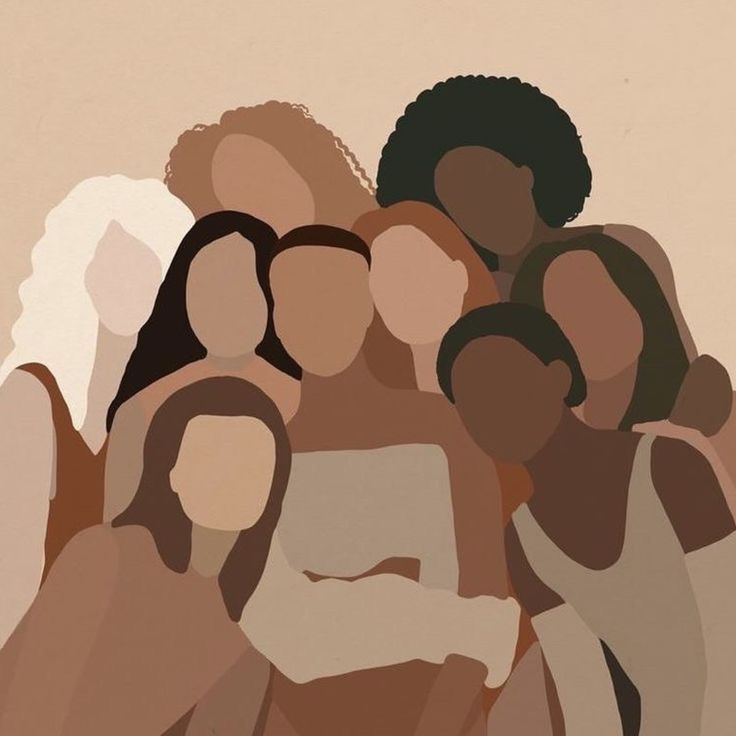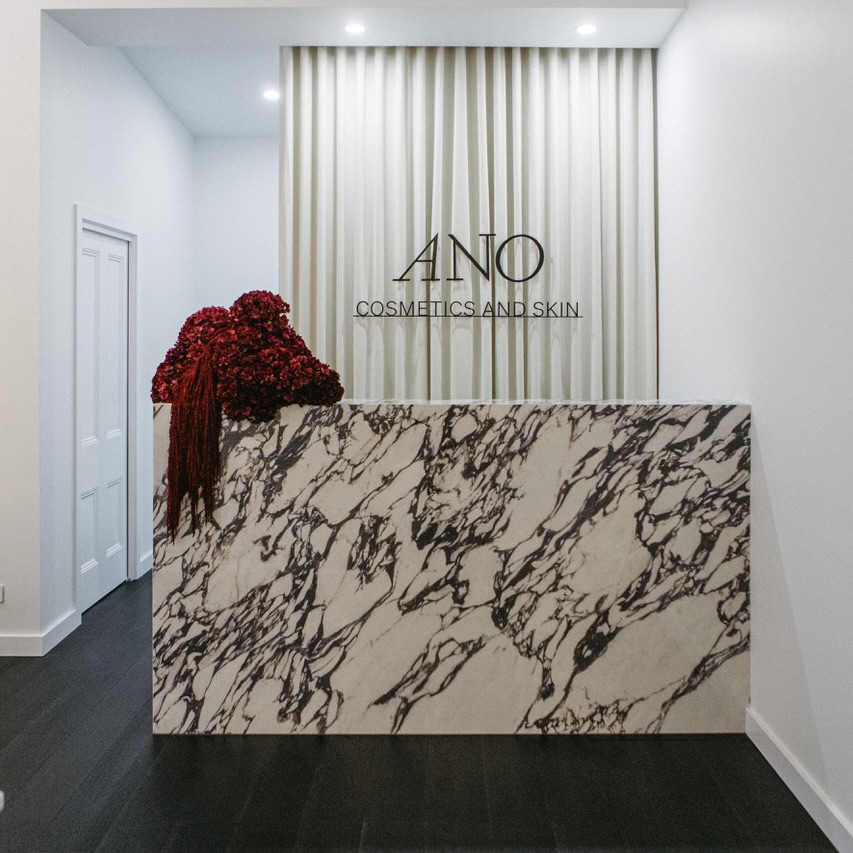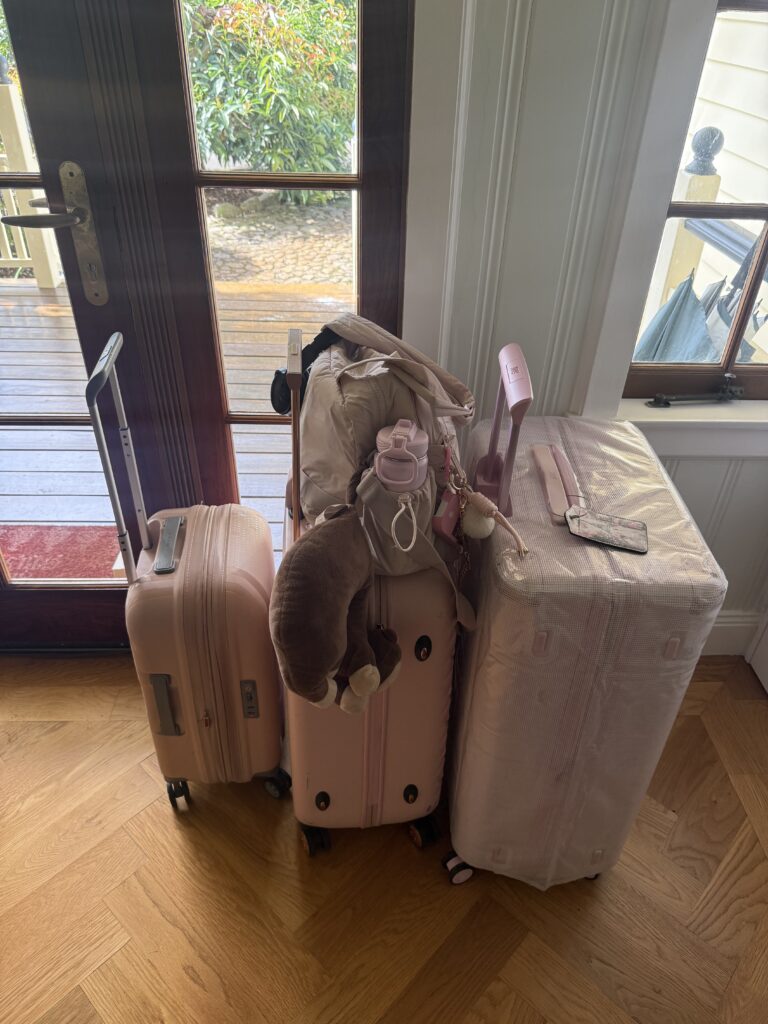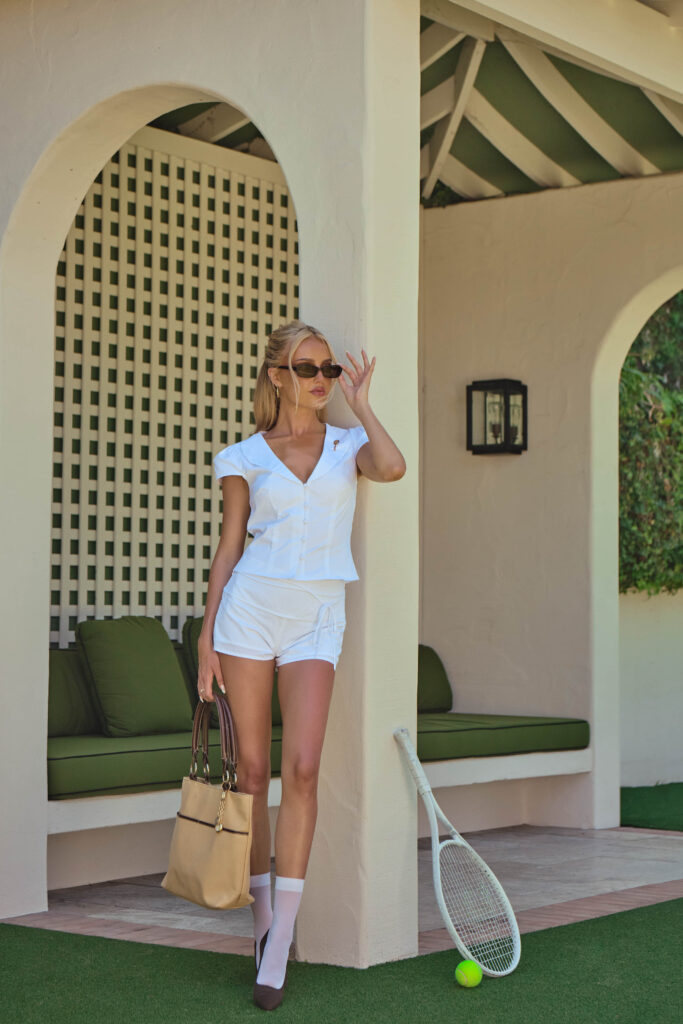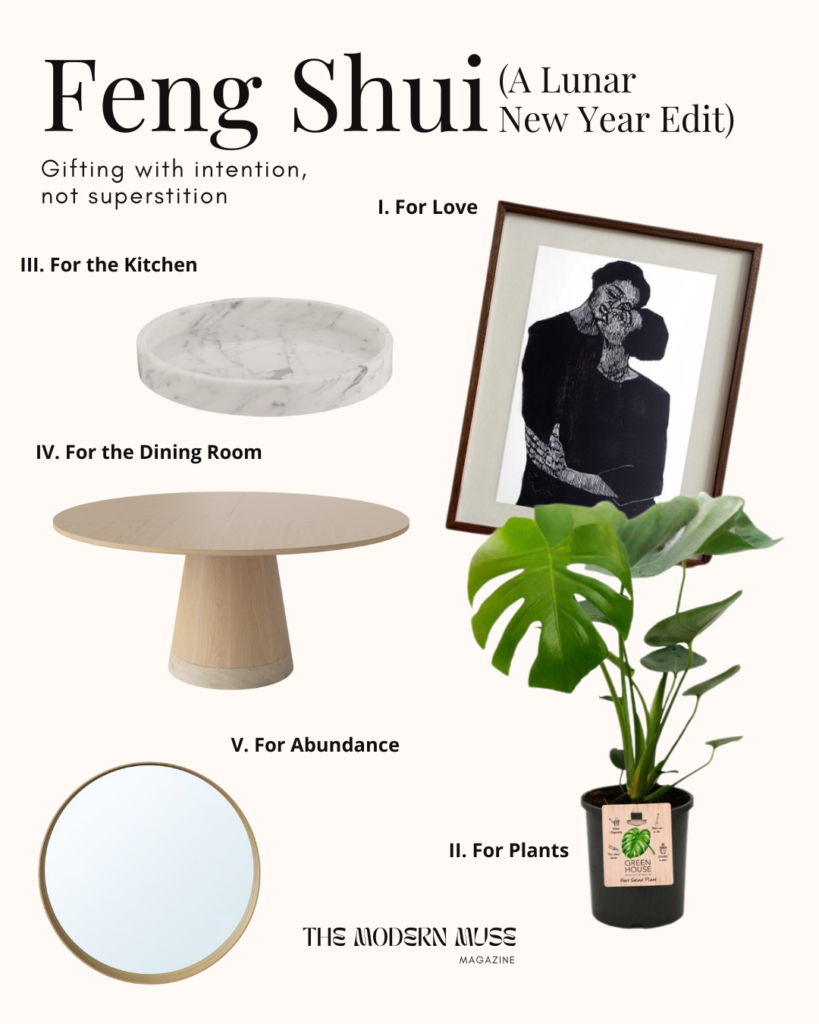I can’t recall a time when I wasn’t conscious of my appearance. Despite how this may sound at first, this was never fuelled by vanity or narcissism. Frankly, I feel you’d be hard-pressed to find a young girl or woman who isn’t.
Call it a product of growing up in the rag mag era of the 2000s or reaching my teens in the era of flawlessly filtered selfies, but the idea of beauty has always been pervasive. It’s not like I particularly want to care about my appearance all the time. In fact, life would probably be a whole lot easier if I didn’t. But for women, we are expected to care.
From the moment we reach a certain age, we begin to discover just how central our looks are to the world we live in. We learn that beauty affords a level of power and privilege, yet also brings vulnerability. We inevitably spend our childhood donning plastic princess shoes and dollar-store eyeshadow, our teens caking on foundation to hide our pores, and our adulthood just trying to look younger.
We have been conditioned into believing that beauty is something we should always covet, but only in secrecy because it must be inherently effortless. Yet if we do achieve beauty, we should never acknowledge it because that would be egotistical. Beauty is an enigma that we have never quite been able to pin down, yet it rules almost everything around us.
It’s an exhausting chase, trying to capture this elusive concept that evolves faster than it can be defined. For most of us, beauty feels like an exclusive club that will never quite be attainable. But it’s a chase that may be finally coming to an end, with the rise of the inclusive beauty movement redefining the way we perceive beauty.
The History of Beauty
In the historical sense, beauty has always centred around the viewer. A beautiful woman had to be pleasing to look at, prioritising her physical appearance and the enjoyment of the viewer.
In ancient civilisations, the complexity of beauty standards was reflected through art. The first depiction of the female figure was the Venus of Willendorf, a Paleolithic sculpture of a woman with exaggerated features carved more than 20,000 years ago. The ancient Greeks depicted full-figured women with fair skin, while the Egyptians coveted thinly muscular bodies with narrow hips. Fast forward to the 2000s, and new beauty standards have come and gone faster than we could ever keep track of. The turn of the 21st century ushered in arguably one of the most toxic times in beauty, with magazines promoting unhealthy diet ‘secrets’ and splashing celebrities across the front cover the moment they gained any weight. The beauty standards at this time excluded anyone without Eurocentric features and extremely thin bodies, treating bodies as if they were fashion trends.
The Rise of the Inclusive Beauty Movement
Thankfully, the tides are turning now in how society perceives beauty. In the past few years, we’ve played witness to an unprecedented shift in perceptions which has set us on the path to dismantling traditional beauty standards altogether.
Though it may come as a surprise to some, the inclusive beauty movement has been credited to none other than singer and businesswoman Rihanna. The 2017 launch of her cosmetics brand, Fenty Beauty, sparked a global shift in how we define beauty as a society. Her brand was the first to launch a foundation line consisting of 40 individual shades (and has since expanded to 58) which allowed previously excluded women of colour to find their perfect match.

Fenty Beauty’s 50 shades of foundation. Shop here.
While this seemed like a ground-breaking concept at the time, in hindsight it is now baffling that it took this long. Fenty Beauty’s shade range instantly shot to popularity, ticking over the $100 million in sales mark after just 40 days on the market. The brand’s impact transcended sales though, bringing about the inclusive beauty movement.
The Importance of Inner Beauty
The inclusive beauty movement seeks to redefine beauty altogether, celebrating diversity and recognising that everyone possesses a unique beauty regardless of characteristics such as age, gender, or ethnicity. Perhaps the biggest difference in this new idea of beauty, however, is the emphasis on inner beauty. While physical appearance has always dominated beauty standards, this new wave of thinking places an individual’s personality and qualities at the forefront like never before. This holistic approach to beauty has also extended to the beauty industry, with makeup now seen as a form of self-expression. Rather than being perceived as a way to cover up imperfections and conform to beauty standards, makeup has become a way to wear your personality on the outside.
Inclusive Beauty Brands
The shift towards inclusive beauty has been momentous for the beauty industry, encouraging a complete overhaul of industry and advertising practices. The success of Fenty Beauty has inspired many brands to follow suit, improving their product lines to ensure that these are accessible, cater to a wide range of needs, and encourage users to feel at home in their own skin.
We’ve compiled a list of some of our favourite brands that have embraced the inclusive beauty movement.
Rare Beauty
Launched by fellow singer Selena Gomez in 2020, the makeup line has been praised for its accessible packaging which features a rounded top for ease of opening and a flat side to prevent it from rolling. The singer was diagnosed with lupus earlier in her career which can result in chronic inflammation, and designed the packaging to her preferences which allows her to use the products during flare-ups.
Milk Makeup
Created by vegan makeup brand Milk Makeup, the Blur The Lines campaign sought to de-gender makeup and beauty completely. The 2017 campaign featured models of various gender expressions and discussed how challenging gender norms could pave the way for a more inclusive society.
Mented Cosmetics
Black-owned and founded, Mented Cosmetics was created to allow people of all complexions to find their perfect shade match. The brand encourages celebrating your natural skin tone through its range of pigmented products.
Basma Beauty
Basma Beauty founder Basma Hameed suffered third-degree burns as an infant, turning to makeup in her youth to feel more confident. Dissatisfied with the quality and variety of products, she developed Basma Beauty with unique skin journeys in mind and the mission to inspire the same confidence in her customers.
Glossy Boys
This nail polish brand shot to fame after appearing on Shark Tank to promote a line of nail polish pens created especially for boys and men, who have historically been excluded from the beauty space altogether. Founded by Lucas Lane at just thirteen years old, true inclusivity is what Glossy Boys is all about.
Look Fabulous Forever
While traditional beauty ideals have revolved around youth, Look Fabulous Forever seeks to shatter stigmas around aging. The brand develops products specifically for older women and caters to the unique needs of mature skin.
Live Tinted
Created by South-Asian beauty entrepreneur Deepica Mutyala, Live Tinted is best known for its line of Huestick colour-correcting sticks. The brand’s products are specifically formulated for correcting dark circles, a feature commonly associated with South-Asian skin.
Read more of our Thought-Provoking articles here.

